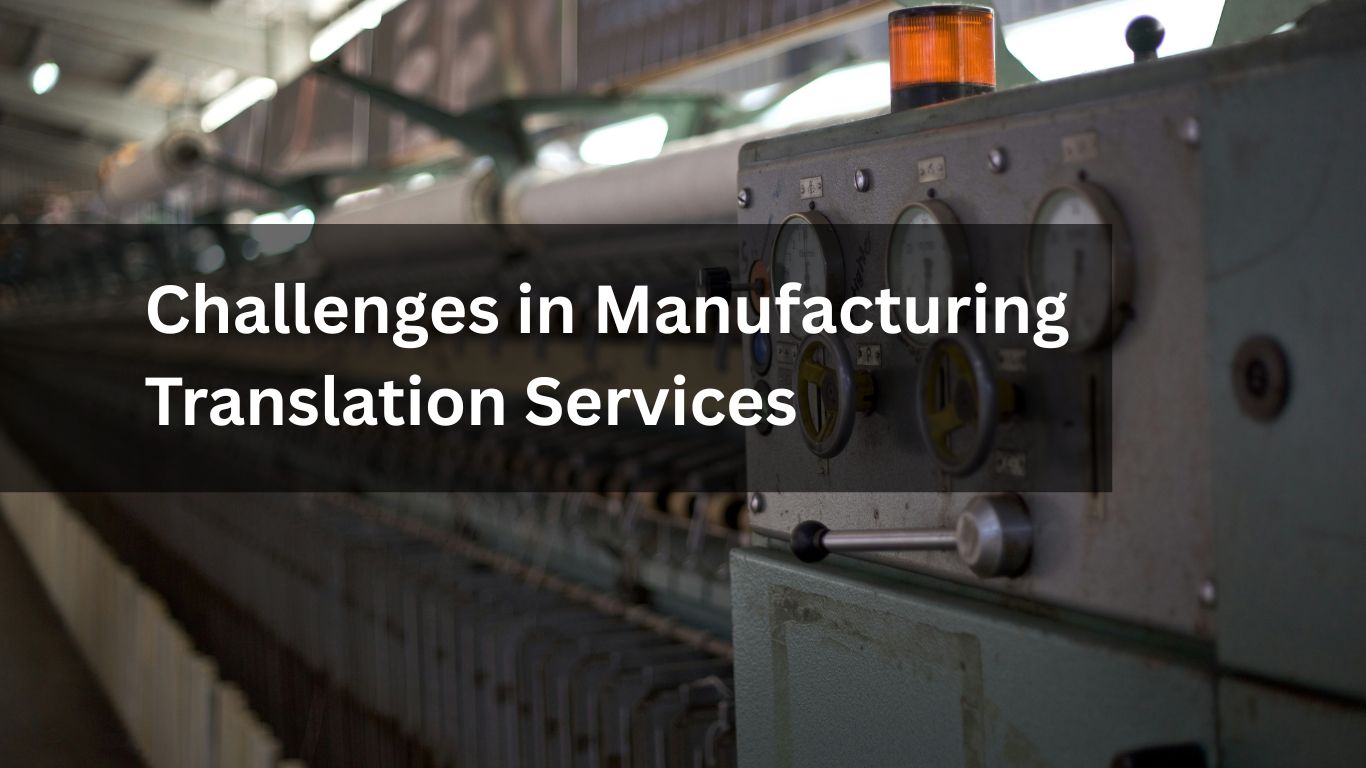Challenges in Manufacturing Translation Services
In the era of global manufacturing, language should never be a barrier to innovation. However, challenges in manufacturing translation remain a pressing concern for industries expanding across borders. From technical jargon to regulatory standards, even a minor translation error can lead to massive financial or safety repercussions. This blog explores the top challenges in manufacturing translation and provides actionable solutions to overcome them.

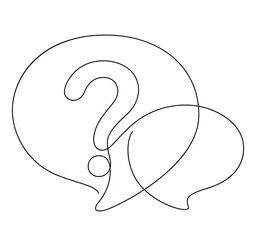
Why Manufacturing Translation Matters ?
Before we dive into the challenges, it’s vital to understand the role of manufacturing translation services. These services ensure:
-
Seamless communication across multinational teams.
-
Accurate translation of engineering documents, technical manuals, and CAD drawings.
-
Regulatory compliance across different countries.
-
A multilingual content strategy to support global marketing and operations
Highly Technical Language and Jargon
Manufacturing content is packed with industry-specific terminology. Misinterpreting technical manufacturing translation can lead to faulty installations, equipment failure, or safety risks.
Solution:
Partner with expert translators who specialize in engineering translation services. They bring industry knowledge and linguistic expertise to ensure accurate translations.
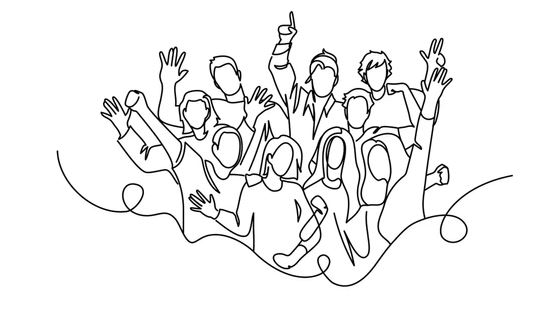
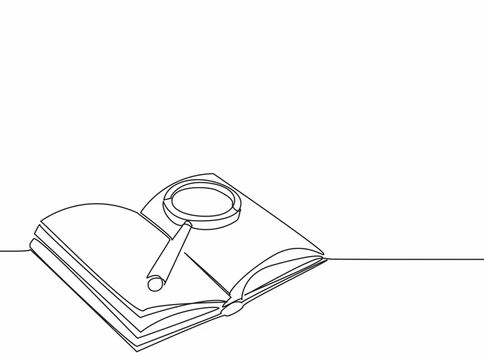
Compliance with Local and Global Regulations
Global manufacturing companies must comply with local laws, such as Regulatory Compliance Translation for user manuals, safety warnings, and technical labels.
Solution:
Use certified manufacturing translation services with experience in regulatory intelligence and ISO compliance to ensure all documents meet global and regional standards.
Complex Document Types and Formats
From factory SOPs to CAD drawings translation, formatting and technical diagrams often get distorted during translation.
Solution:
Work with industrial translation services that offer advanced tools and DTP (Desktop Publishing) capabilities to preserve layouts and visuals.

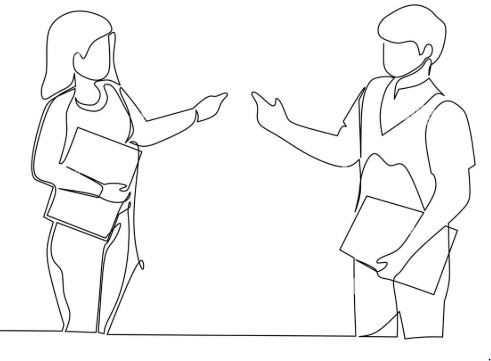
Inconsistent Terminology
A lack of standardized terminology across multiple documents and languages can result in confusing or contradictory information.
Solution:
Use Translation Memory (TM) and terminology management tools to maintain consistency across all translated content.
Multilingual Workforce Communication
Manufacturing plants often have a diverse workforce. Poor translations can cause misinterpretation of safety protocols, SOPs, and training materials.
Solution:
Leverage multilingual content strategy supported by AI-powered translation services for quick, reliable, and scalable communication across languages.

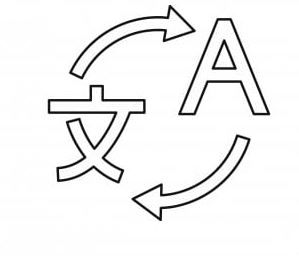
Security and Confidentiality
Engineering documents, industrial automation translation, and cybersecurity policies often contain sensitive IPs.
Solution:
Only trust professional language services for manufacturing that follow NDA protocols and offer secure data handling.
Multilingual Workforce Communication
Manufacturing plants often have a diverse workforce. Poor translations can cause misinterpretation of safety protocols, SOPs, and training materials.
Solution:
Leverage multilingual content strategy supported by AI-powered translation services for quick, reliable, and scalable communication across languages.

Conclusion
Challenges in manufacturing translation can create serious bottlenecks across the production lifecycle—from misinterpreted technical documents to delays in regulatory approvals and supply chain disruptions. Miscommunication due to poor translation can lead to equipment malfunctions, safety hazards, product recalls, and costly downtime. As global manufacturing operations become increasingly interconnected, the accuracy and consistency of translated content become mission-critical.
However, with the right translation strategy, the right tools, and access to expert linguists specialized in industrial sectors, these challenges are entirely manageable. Implementing a proactive translation workflow that includes technical terminology management, AI-powered translation tools, and certified engineering translation services can significantly reduce errors, improve compliance, and accelerate global time-to-market.
Whether you’re translating technical drawings, user manuals, regulatory compliance documents, or factory safety protocols, the key lies in partnering with a reliable manufacturing translation company that understands the nuances of your industry. A trusted provider will not only ensure linguistic accuracy but also preserve the integrity of your technical content, maintain brand consistency, and uphold international compliance standards.
Choosing the right manufacturing translation partner isn’t just a support function—it’s a strategic move that empowers your business to scale confidently in multilingual markets.

